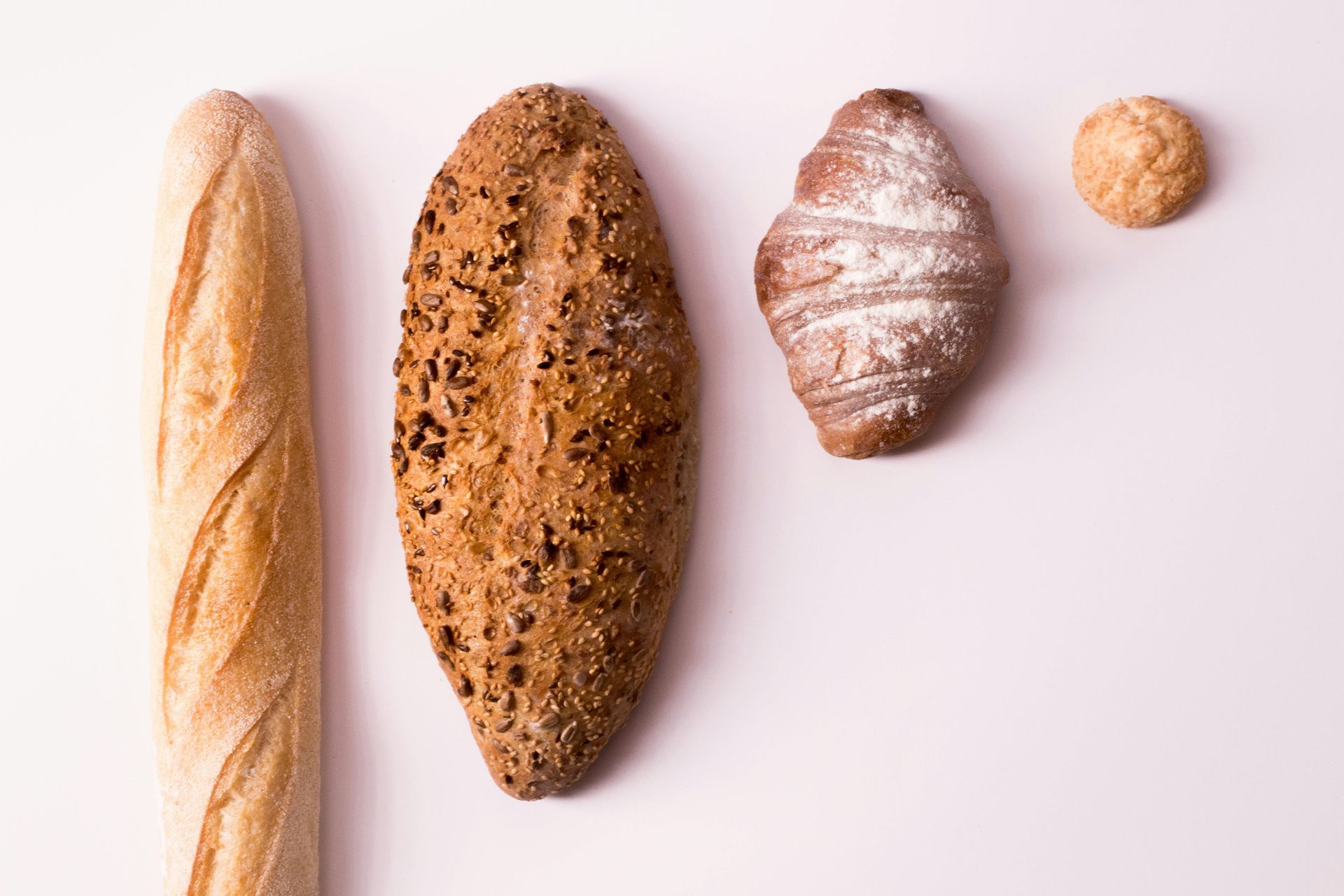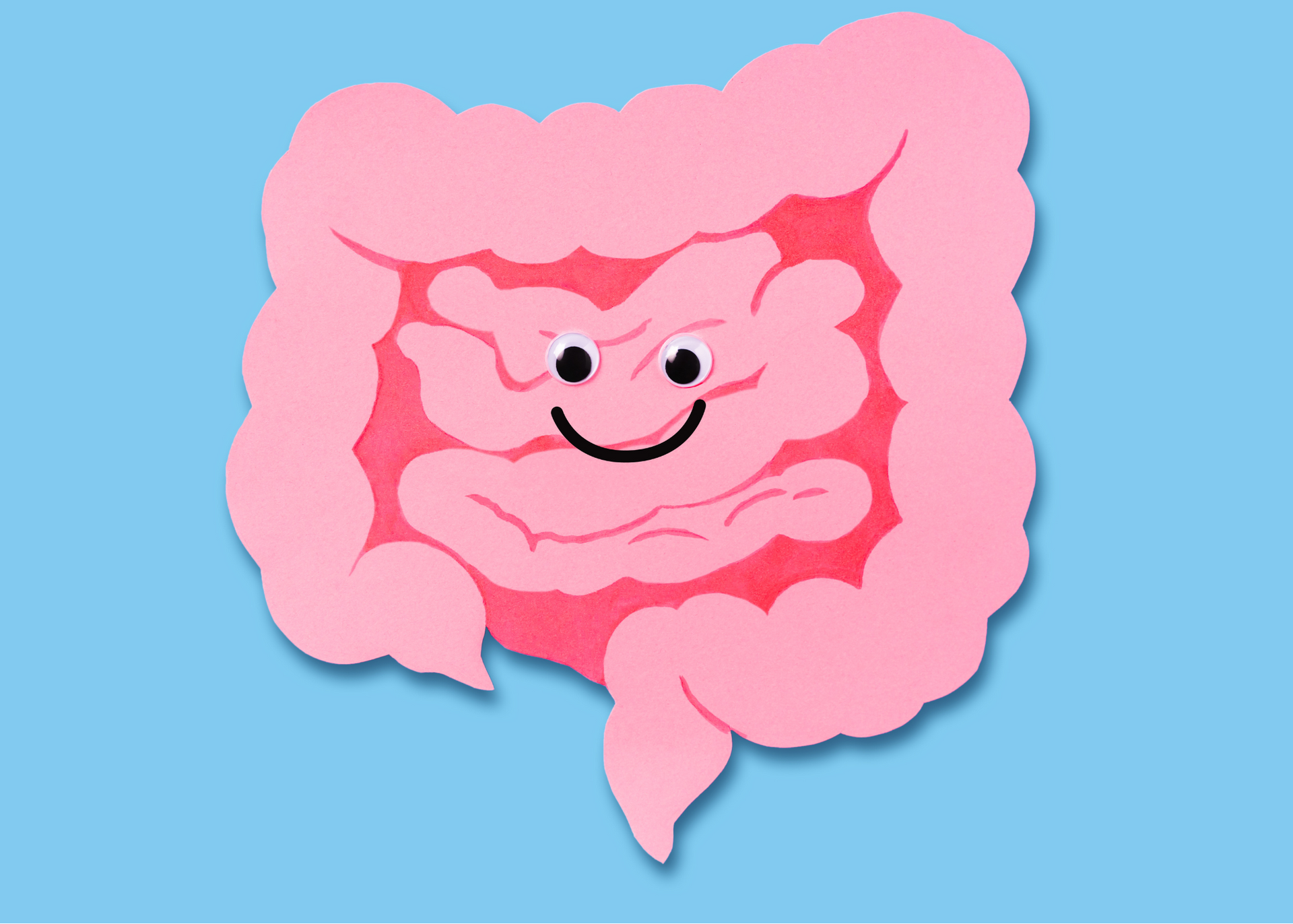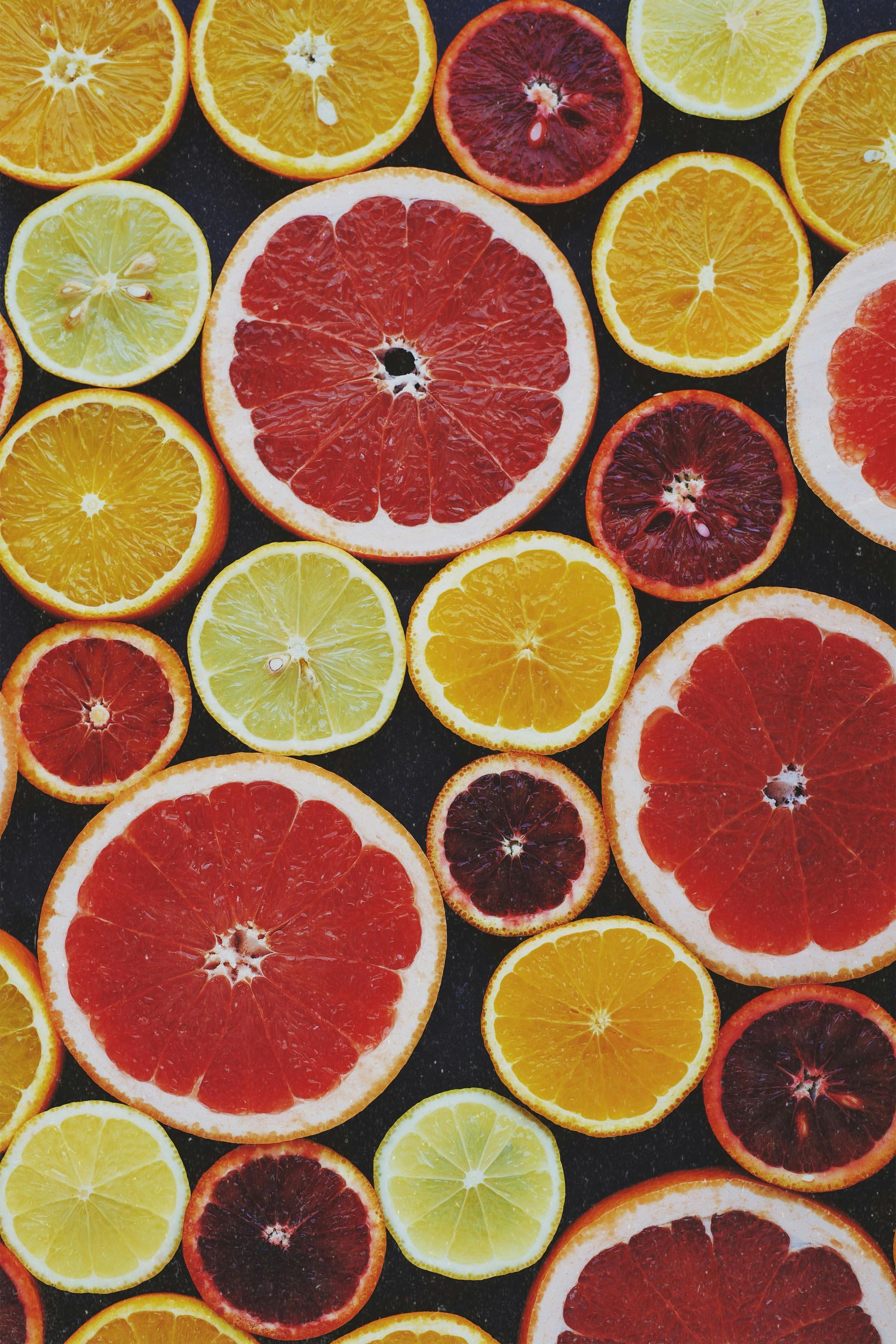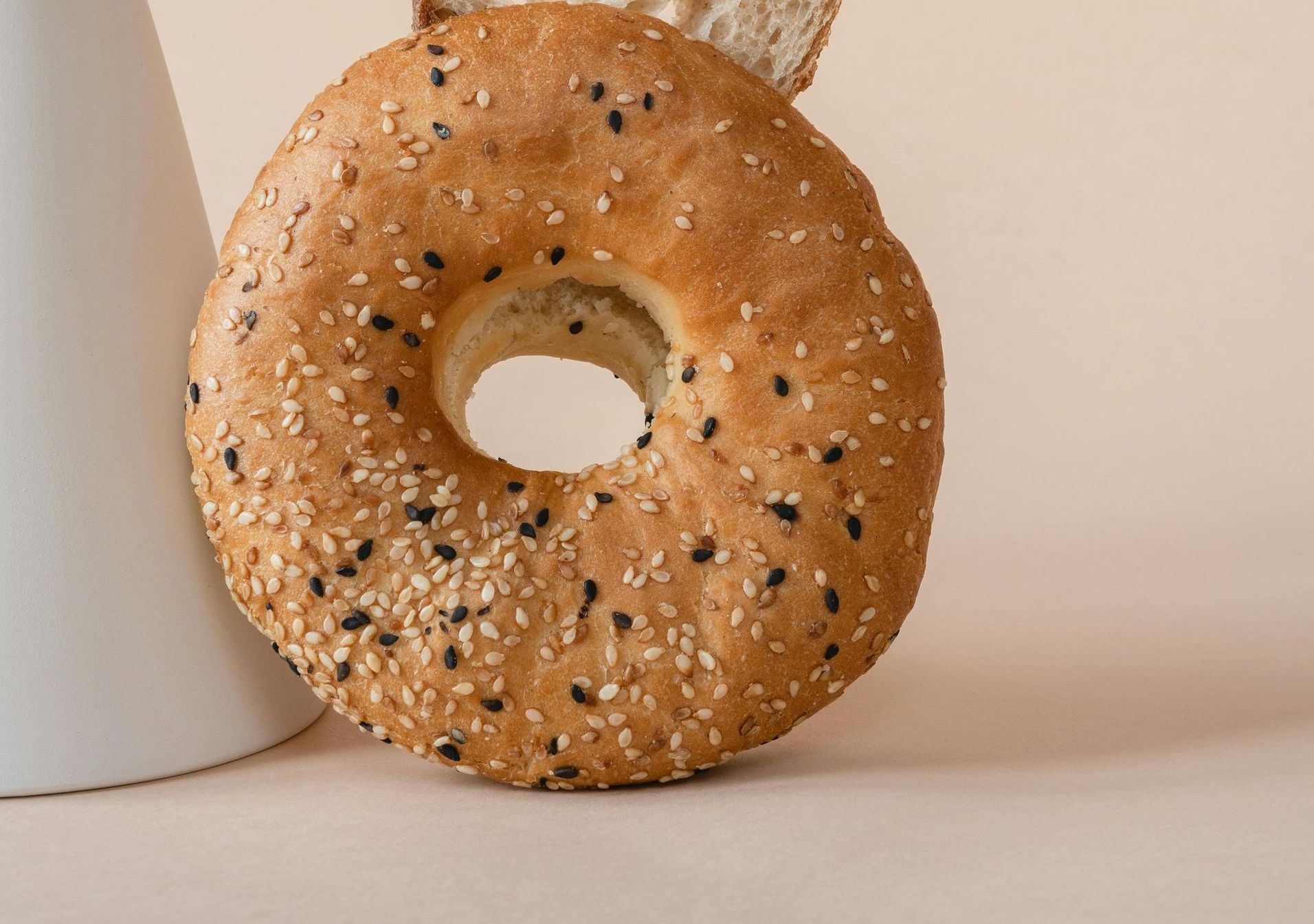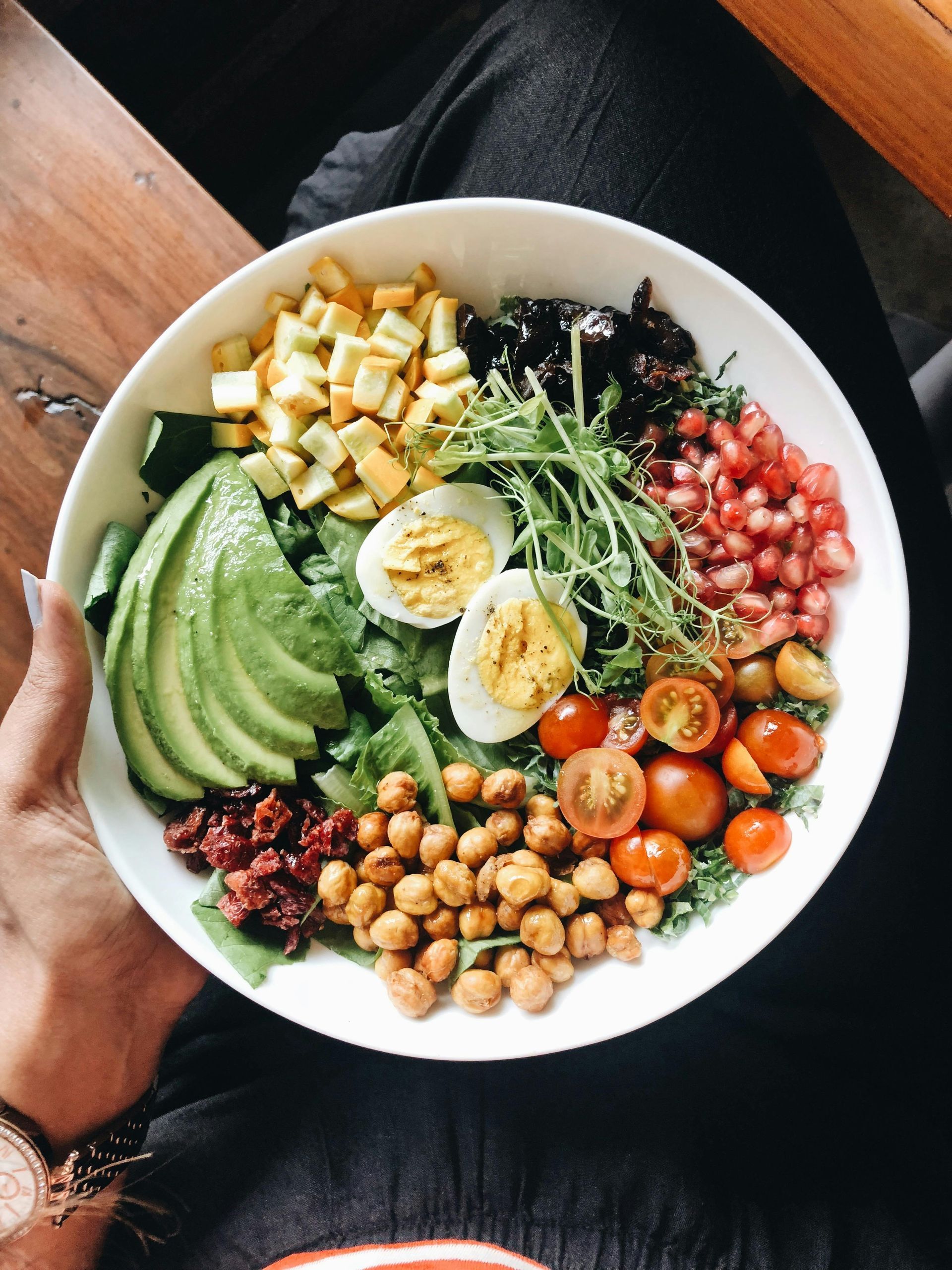How to Shop for a Healthy Nutrition Bar: My Top Five Tips

Nutrition bars have skyrocketed in popularity in the last ten years, and for a good reason.
Bars have changed the snacking game! They are an easy way to bridge the gap between meals, you can take them just about anywhere, and they’re a breeze to eat on-the-go.
BUT –
Not all bars are created equal.
A lot of the bars you see on the shelves could pass as expensive candy bars.

The good news?
There are some awesome companies out there that have created bars that are actually healthy. I’m here to help you figure out which bars those are!
Nutrition Bars – What to Look For, and What To Avoid
Sugar

- If you remember one thing from this blog, remember to always look at sugar content . Excess sugar intake is linked to inflammation, hormone imbalance, gut dysfunction, higher blood pressure, weight gain, and more.
- Companies may use sneaky names for sugar including cane syrup, brown rice syrup, sorghum syrup, agave, corn syrup, maltodextrin, and dextrose.
- It is better if the bar is sweetened with natural sugar from dates/other fruit than sweetened with added sugar (more info on that here and here ). But sugar is still sugar, so don’t overdo the natural fruit sugar either.
- I recommend choosing bars with a max of 6-7 grams of added sugar or 10-15 grams of natural sugar (the amount of sugar naturally found in a serving of fruit).
- If you are using a bar to fuel a high intensity workout, I recommend a bar with 15-25 grams (depending on your height, weight, gender, and exercise duration) of natural sugar from dried fruit, or a combination of dried fruit and honey.
Unhealthy Oils
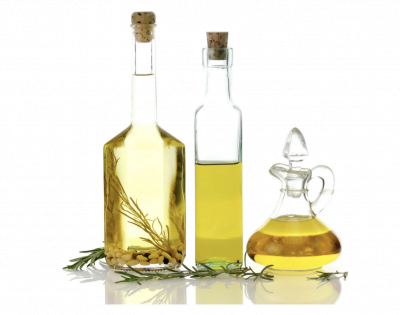
- Some bars contain inflammatory fats like palm kernel oil, soybean oil, or hydrogenated fats.
- Read this article for a complete list all of the oils to avoid, and why.
- Opt for bars that contain healthy fats like nuts, seeds, nut/seed butters, and coconut instead.
Protein

- Dietary protein not only provides the building blocks for muscle growth, it also boosts the immune system, supports the regulation of DNA and RNA, and supports the production of digestive enzymes.
- Nuts, seeds, and eggs/egg whites are great sources of whole food protein used in nutrition bars.
- Collagen and grass-fed whey protein are also great sources of added protein. But keep in mind, whey protein isn’t tolerated by everyone – for some people it can cause digestive issues, hormone imbalance, or fuel an autoimmune issue.
- Avoid bars that contain soy protein isolate , which is linked to increased breast cancer risk.
Fiber
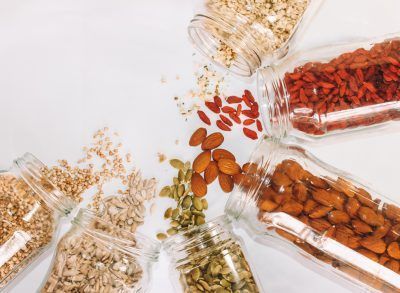
- Fiber has loads of health benefits including increasing satiety (aka feeling full), promoting weight loss, stabilizing blood sugars, improving gut health, and supporting hormone balance.
- Try to choose a bar that gets its fiber from whole foods like nuts, seeds, and coconut.
- Avoid bars with fiber syrups like inulin syrup which can cause bloating and gut discomfort.
Additives/Preservatives
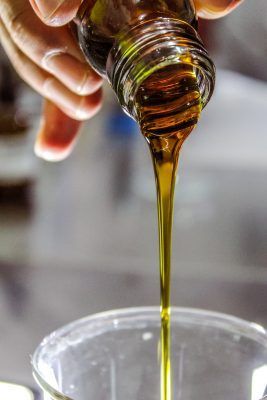
- Avoid additives and preservatives as much as possible, and pay close to attention to these particularly troublesome ingredients.
- Carrageenan, an additive, which is linked to gut dysfunction and weakening of the gut lining.
- Preservatives, such as butylated hydroxyanisole (BHA) and butylated hydroxytoluene (BHT), which are linked to increased cancer risk and are actually banned in Europe, Australia, Canada, New Zealand, and Japan!
- Sugar alcohols, if you are experiencing digestive issues or you have a sensitive gut. Sugar alcohols draw water into the gut which can cause bloating, gas, and loose stools in some people.
- Artificial sugars including aspartame, acesulfame potassium, and sucralose. Research has linked long-term consumption of artificial sugars to cancer, and studies show artificial sugars are actually linked to increased fat accumulation and increased inflammation.
Recap!
Let’s recap my top tips when shopping for a nutrition bar:
- Always look at sugar content and where the sugar is coming from. Bridging the gap between meals? Keep sugar low! Fueling an upcoming workout? Choose a bar with a higher sugar content, ideally from fruit and/or honey.
- Avoid unhealthy fats, and choose bars with healthy fats like nuts, seeds, nut/seed butters, and coconut instead.
- Avoid soy protein isolate and choose bars with whole food protein sources. Collagen is typically very well-tolerated, and grass-fed whey protein is a good option for some people.
- Fiber is your friend! Avoid fiber syrups and opt for bars that use foods like nuts and seeds instead to keep bloating at bay.
- Avoid additives and preservatives, especially the heavy-hitters mentioned in this article.
Stay Tuned for My Favorites!
Want to find out my top seven favorite nutrition bars?
Stay tuned for my next blog, and join my newsletter so you I can let you know as soon as it goes live!
And be sure to be sure to follow me on Instagram @plateandcanvas for more recipes and nutrition tips.
Continue Reading





